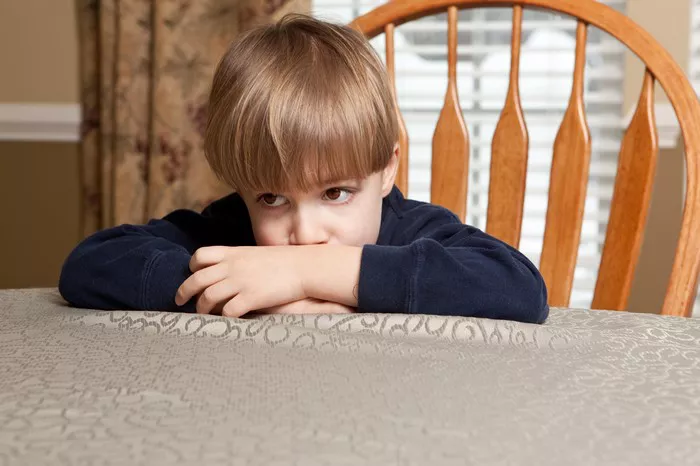A new study conducted by researchers from McGill University and Université de Montréal’s Observatoire pour l’éducation et la santé des enfants (OPES) reveals that spending two hours a week in natural environments can significantly reduce emotional distress in children aged 10 to 12, particularly those with pre-existing mental health issues. The research, led by Sylvana Côté, was published this week in JAMA Network Open and comes in response to a recent UNICEF report emphasizing the importance of green spaces for children’s development.
The study, which involved over 500 schoolchildren across Quebec during the spring of 2023, assessed the impact of nature exposure on behavioral and mental health symptoms. At the end of a three-month intervention, teachers reported the most notable improvements in children who initially exhibited high levels of anxiety, depression, aggression, and social interaction difficulties.
Marie-Claude Geoffroy, the senior author and an associate professor in the McGill Department of Psychiatry, stated, “We found that children with higher mental health symptoms at baseline showed greater reductions in symptoms following the intervention.” Côté added that nature-based programs could provide targeted benefits for children facing significant mental health challenges, potentially acting as an equalizer among school-aged children.
The study utilized a randomized controlled trial design, making it the first of its kind to provide concrete evidence of the benefits of nature for children. Approximately 1,000 children aged 10 to 12 from 33 elementary schools across diverse socioeconomic backgrounds participated. All schools were located within one kilometer of a park or green space. Half of the children engaged in a nature-based intervention, while the others remained in traditional classroom settings.
Geoffroy noted that the idea for the project emerged during the pandemic, when concerns about children spending excessive time indoors became prevalent. “My kids and I spend lots of time in parks, so I’ve seen the benefits of spending time in nature, both for myself and for them,” she said. “I thought we could implement a free and accessible intervention for schoolchildren to spend time in nature and measure its effects on their mood and behavior.”
To track behavioral changes, both groups of students and their teachers completed questionnaires designed to assess emotional and behavioral difficulties as well as strengths. During the two hours spent in the park each week, teachers conducted regular classes in subjects such as math, language, and science, while also incorporating short mental health-promoting activities. These included drawing, writing haikus, and mindful walking, based on a kit developed by the research team.
Tianna Loose, a post-doctoral fellow at Université de Montréal and the study’s lead author, emphasized the study’s relevance for educators, policymakers, and mental health professionals. “The intervention was low-cost, well-received, and posed no risks, making it a promising strategy for schools with access to greenspaces,” she stated.
Looking ahead, the researchers plan to collaborate with teenagers to co-design additional nature-based interventions aimed at improving well-being, reducing climate anxiety, and fostering a deeper connection to nature.
Related Topics:


